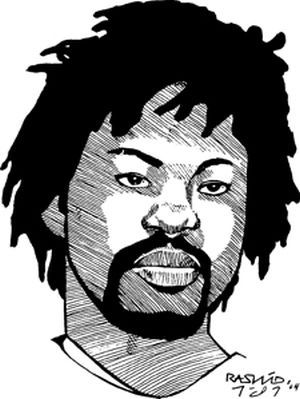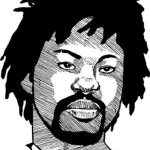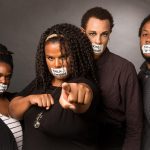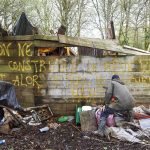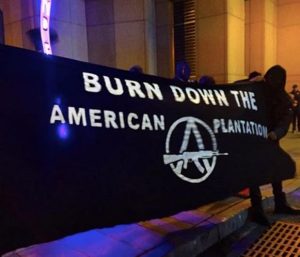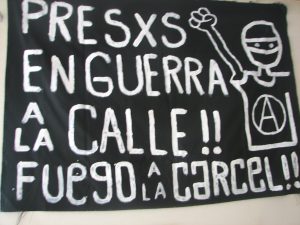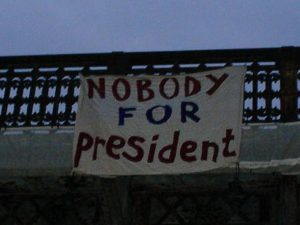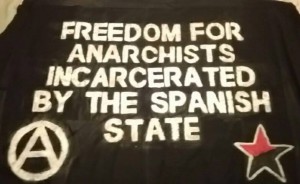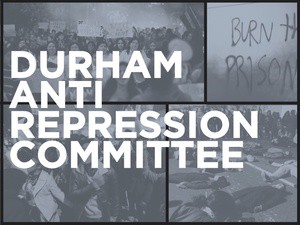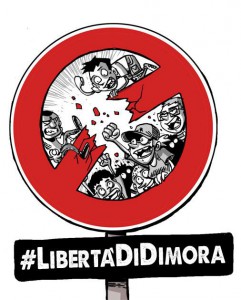
This week we had the chance to interview Lelia, who is a community activist and a part of the group Comunidad Colectiva, an immigrant rights group based in Charlotte NC. We got to talk about a lot of things in this interview, the work that they and other groups do with immigrant and undocumented communities, about the February ICE raids that got national attention, what effective rapid response can look like, and the challenging tension associated with both being anti state and being in the position of having to negotiate with police and sheriffs for safety reasons, plus many more topics.
We wanted to mention something called 287(g) and give a bit of information for listeners who may not have heard of this before. 287(g) was a contract between local officials and ICE which essentially made police forces extensions of ICE, and also instituted deportation proceedings as part of run of the mill arrests. More is explained about this contract later on in the interview, but it gets mentioned fairly heavily before that time.
You can keep updated on this group’s work by hitting them up on Facebook and if you have a few dollars you’d like to throw them to recoup the costs associated with their rapid response network, their Venmo is @comunidad-colectiva.
Next week on The Final Straw, stay tuned for an interview with a member of the Montreal based group Ni Frontiers Ni Prison (which is No Borders, No Prison) about fighting a proposed new migrant prison, decolonization, the rise of far right sentiment in so called Canada, and many associated topics, plus a possible other interview.
Update on Kinetic Justice
In a brief update to last week’s interview on the hunger strike by Kinetic Justice of the Free Alabama Movement, we’d like to share the following news. On March 20th, Kinetic Justice Amun (aka Robert Earl Council) resumed his hunger strike as he was transferred briefly to segregation housing at Limestone prison, but ended his hunger strike within a few days and was transferred to general population at that prison. He can be written at the following address:
Robert Earl Council #181418
28779 Nick Davis Rd
Harvest, AL 35749
Consequently, 8 of the prisoners transferred with Kinetic in the middle of the night, began engaging in a hunger strike in response to their own incarceration in solitary. In response to the hunger strike, administration cut off water to the cells they were held in, giving them bottled water.
The 8 prisoners ended their hunger strike on March 22nd, and administration claims they’ll be transferred to general population in the Alabama prison system as they’re not under investigation currently.
Their names are as follows:
Kotoni Tellis (#223155)
Marcus Lee (#175056)
Mario Avila (#259514)
Corey Burroughs (#207639)
Earl Taylor 3rd (#168616)
Tyree Cochroan (#172306)
Earl Manassa (#175099)
Antonio Jackson (#246560)
and they can be written at:
Holman “Correctional” Facitily
1240 Ross Rd.
Atmore, AL 36502
. … . ..
Playlist here.

